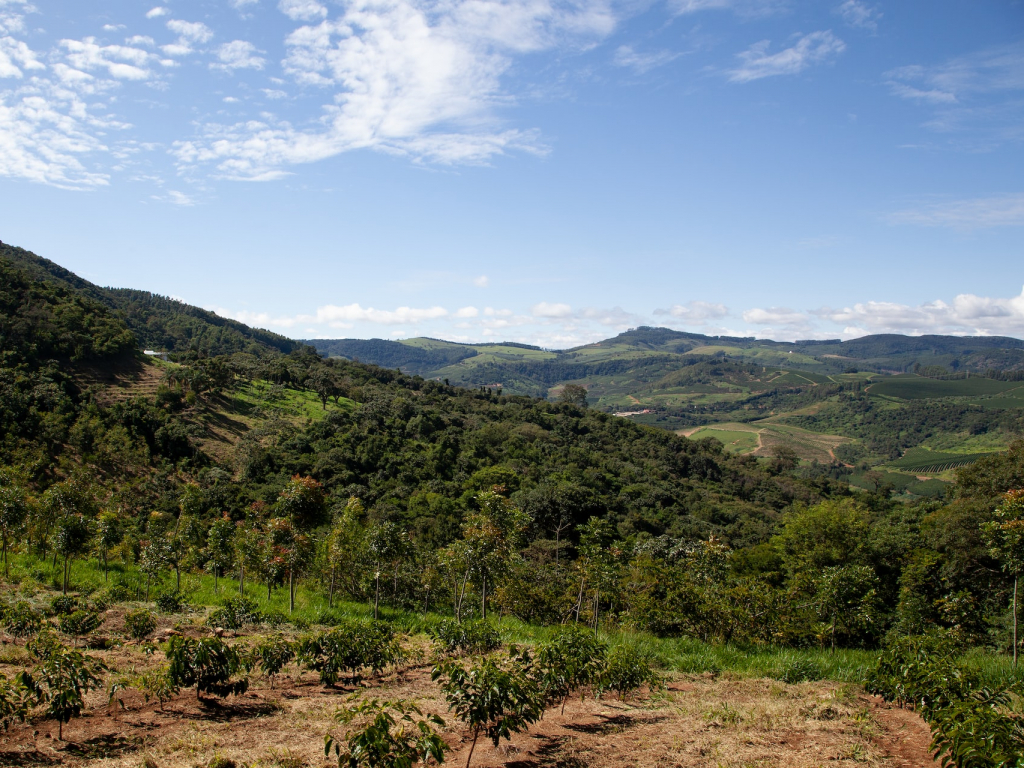Land tenure drives Brazil’s deforestation rates across socio-environmental contexts

Pacheco & Meyer, 2022
A recent Nature Communications study, Land tenure drives Brazil’s deforestation rates across socio-environmental contexts, investigates the relationship between land tenure and deforestation rates in Brazil, revealing that poorly defined land rights lead to increased deforestation rates. The privatisation of such lands can only mitigate this effect if combined with strict environmental policies.
The researchers analysed 33 years of agriculture-driven deforestation across Brazilian tropical forestlands to compare six land-tenure regimes (undesignated/untitled, private, strictly-protected and sustainable-use protected areas, indigenous, and “quilombola” lands held by Afro-Brazilian communities) and their respective rates of deforestation. Land-tenure determines how land can be used and by whom meaning that changes to these regimes have implications for forests within them, exacerbated by the increasing pressure from agroeconomic development.
The regime with an clear associated increase in deforestation was publicly owned lands with poorly defined tenure rights. Such lands are not designated for any use but can be inhabited by rural settlers without guaranteed property rights. There are almost one hundred million hectares of such inhabited publicly owned land in Brazil.
To reduce the deforestation that occurs within undesignated and untitled forestlands, privatising the land alongside strict environmental policies can be used, such as the Forest Code in the Amazon, which requires landowners to maintain 80% of their land under native vegetation. The research indicates that both strictly protected areas and sustainable-use protected areas were most effective at reducing deforestation rates while privatizing conservation regimes or lands held by indigenous peoples and local communities would likely increase the risk of deforestation across Brazil.
Read more in the full Nature Communications study, Land tenure drives Brazil’s deforestation rates across socio-environmental contexts.




